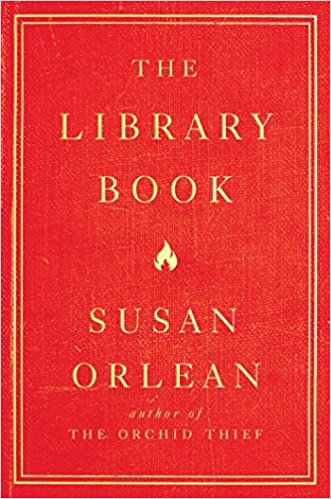 The Library Book by Susan Orlean
The Library Book by Susan Orlean Format: eARC
Source: supplied by publisher via NetGalley
Formats available: hardcover, paperback, large print, ebook, audiobook
Genres: books and reading, history, libraries, true crime
Pages: 336
Published by Simon & Schuster on October 16, 2018
Purchasing Info: Author's Website, Publisher's Website, Amazon, Barnes & Noble, Kobo, Bookshop.org
Goodreads
Susan Orlean, hailed as a “national treasure” by The Washington Post and the acclaimed bestselling author of Rin Tin Tin and The Orchid Thief, reopens the unsolved mystery of the most catastrophic library fire in American history, and delivers a dazzling love letter to a beloved institution—our libraries.
On the morning of April 29, 1986, a fire alarm sounded in the Los Angeles Public Library. As the moments passed, the patrons and staff who had been cleared out of the building realized this was not the usual false alarm. As one fireman recounted later, “Once that first stack got going, it was Goodbye, Charlie.” The fire was disastrous: It reached 2,000 degrees and burned for more than seven hours. By the time it was extinguished, it had consumed 400,000 books and damaged 700,000 more. Investigators descended on the scene, but over thirty years later, the mystery remains: Did someone purposefully set fire to the library—and if so, who?
Weaving her life-long love of books and reading with the fascinating history of libraries and the sometimes-eccentric characters who run them, award-winning journalist and New York Times bestselling author Susan Orlean presents a mesmerizing and uniquely compelling story as only she can. With her signature wit, insight, compassion, and talent for deep research, she investigates the legendary Los Angeles Public Library fire to showcase the larger, crucial role that libraries play in our lives. To truly understand what happens behind the stacks, Orlean visits the different departments of the LAPL, encountering an engaging cast of employees and patrons and experiencing alongside them the victories and struggles they face in today’s climate. She also delves into the evolution of libraries across the country and around the world, from a metropolitan charitable initiative to a cornerstone of national identity. She reflects on her childhood experiences in libraries; studies arson and the long history of library fires; attempts to burn a copy of a book herself; and she re-examines the case of Harry Peak, the blond-haired actor long suspected of setting fire to the library over thirty years ago. Along the way, she reveals how these buildings provide much more than just books—and that they are needed now more than ever.
Filled with heart, passion, and unforgettable characters, The Library Book is classic Susan Orlean, and an homage to a beloved institution that remains a vital part of the heart, mind, and soul of our country and culture.
My Review:
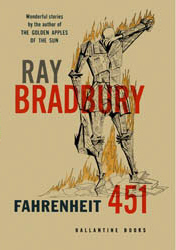 This is Banned Books Week. As part of my own personal Banned Books Week celebration I read and review at least one book about libraries, or books, or a book that has been banned. Or Fahrenheit 451 which kind of hits the trifecta.
This is Banned Books Week. As part of my own personal Banned Books Week celebration I read and review at least one book about libraries, or books, or a book that has been banned. Or Fahrenheit 451 which kind of hits the trifecta.
The Library Book is not about book banning. Instead, it’s about book burning. Not the kind of book burning that occurs in Fahrenheit 451, but something less political but unfortunately just as deliberate.
It’s about a real-life case that definitely involved the perfect temperature, and conditions, for burning books. An awful lot of books.
But that’s not the only thing in The Library Book. A big part of the story revolves around that calamitous fire, the ultimately inconclusive investigation into its cause, and the massive amount of effort required in its aftermath for the Los Angeles Public Library’s Central Library to open for business once more.
In the process of investigating the fire, the author also took a deep dive into the current operations of LAPL. In the end, this book serves as a love letter to one of the great public libraries in the United States, and ultimately to all public libraries.
The process of looking at and into LAPL as it is today, the way that its mission has changed and adapted, and all of the many ways that it continues to serve its rich and varied community, showcases the vital work that libraries perform in the 21st century. And makes the case, yet again, that libraries are not dusty repositories of books.
That the author also rediscovered her own love of libraries, and the sweetness of the childhood memories she had wrapped around them, was the icing on the cake.
Reality Rating A: When I first picked this up I was expecting more than a bit of “insider baseball” – but I’m happy to report that is not the case. The author is looking at the library’s operation from the point of view of an interested bystander, a user of libraries, and not someone on the inside.
That being said, the operations she described will be familiar to anyone who has ever worked in a library, particularly those of us who have worked in some of the large urban libraries. While the Los Angeles community served by LAPL is different from Chicago, many of the internal workings of a large urban library seem to be the same.
The story of the fire is fascinating and heartbreaking. Like the author, I wondered why I did not remember the events when they occurred. I was a working librarian at the time. But the fire, as big as it was (and it was HUGE) could not eclipse the news of the Chernobyl disaster. Not much can compete with the potential end of the world as we know it.
Readers will find the investigation frustrating, as did investigators at the time. The story has all the elements of a true crime thriller – but with no definitive ending. Somebody set this fire, but we’ll never know who. This part of the story lacks closure but is true to life. There was a strong suspect with a weak alibi, but ultimately it’s a mystery.
What emerges from The Library Book, along with smoke that can still be sniffed between the pages of those books that survived the fire, is a portrait of libraries as community institutions, and just how vital they can be when they reach out and serve.
In the end, the story in some ways reminds me of the recent events in Brazil and the fire that consumed the National History Museum in Rio de Janeiro. Both fires were the largest of their kind. Both took place in buildings that were known to be firetraps – places where maintenance and prevention had been neglected for years. And both were conflagrations that caused incalculable losses of knowledge and history.
LAPL rose from its ashes, with a lot of blood, sweat, tears and above all, effort. Perhaps someday the National History Museum of Brazil will as well.
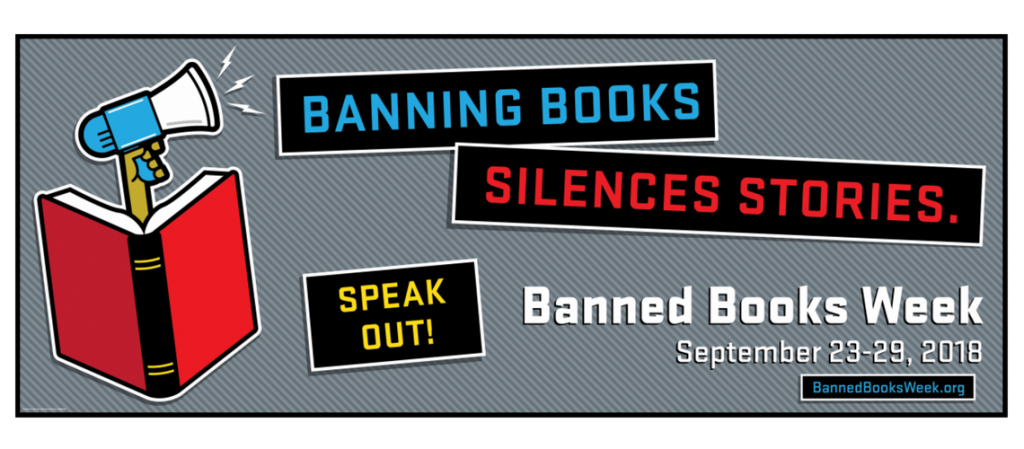





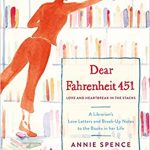


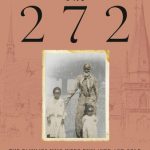
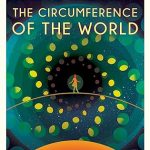



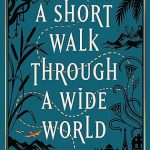
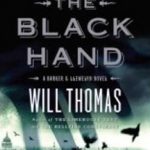
I have zero recollection of this fire although I’m sure it must have received nationwide coverage. I’d be interested in reading this.
I didn’t remember it either – and I was working in a library at the time! Chernobyl must have blown up all the news cycles for days – and that I do remember – but then – doesn’t everyone?
Marlene Harris recently posted..The Sunday Post AKA What’s on my (Mostly Virtual) Nightstand 9-30-18